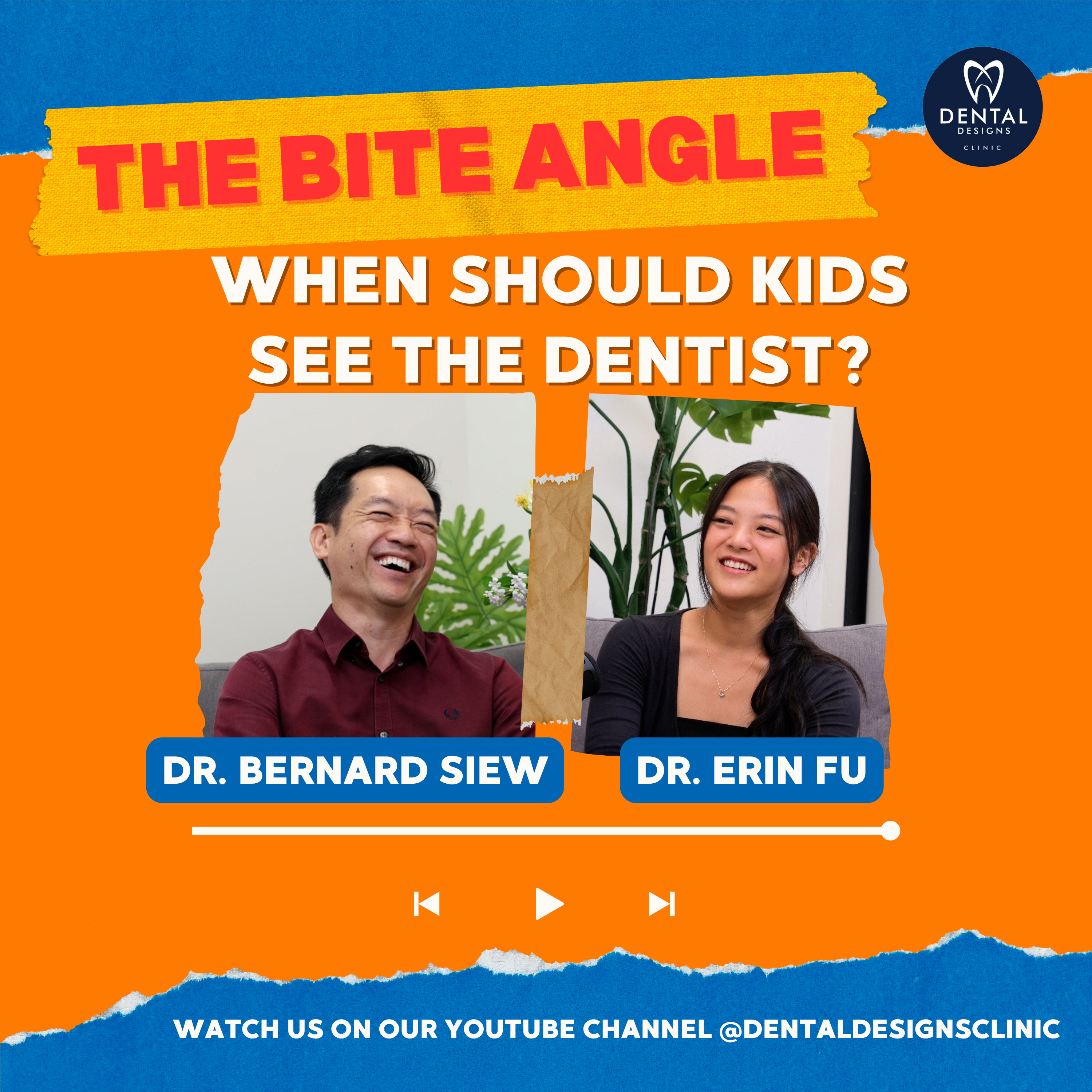About The Video
Dr Bernard and Dr Erin open the episode by swapping funny chair‑side stories like children tilting their heads just to watch the ceiling TV and explaining why mums or dads often “test‑drive” a clinic before bringing the whole clan. Drawing on years of treating expatriate and local families, they highlight the value of one trusted practice that knows everyone’s history instead of separate dentists for parents, teens and toddlers.
The pair then cover the nuts and bolts of children’s care: first visit before age 2, brushing with a rice‑grain smear of fluoride (or hydroxyapatite) toothpaste, weaning from bottles and pacifiers early, and turning six‑month check‑ups into a low‑stress family outing. They also explain how shared records, photos and “Smile Passports” make follow‑ups smoother and why modern extras such as ceiling TVs, gentle polishers, and fun rewards keep little patients eager to return.
Googling medical symptoms is now a routine part of many people’s healthcare journey. While it offers accessibility and instant answers, it also presents risks from misinformation and anxiety to delayed professional diagnosis. Dr Dustin and Dr Jaclyn candidly explore how patients (and even clinicians) often consult "Dr Google" before visiting a real doctor. They highlight the importance of understanding the quality of online information, distinguishing between anecdotal content, SEO-driven blogs, and peer-reviewed evidence.
The conversation underscores the need for media literacy especially in interpreting health information online. They also discuss how clinical judgment and experience remain irreplaceable, especially when research gaps exist. Ultimately, this episode encourages a balanced view: while digital tools can complement healthcare, they shouldn’t replace the nuanced expertise of trained professionals. Thoughtful engagement, critical thinking, and open communication between patients and providers are key in this increasingly digital healthcare landscape.



.png)
-1.png)
.png)
.png)